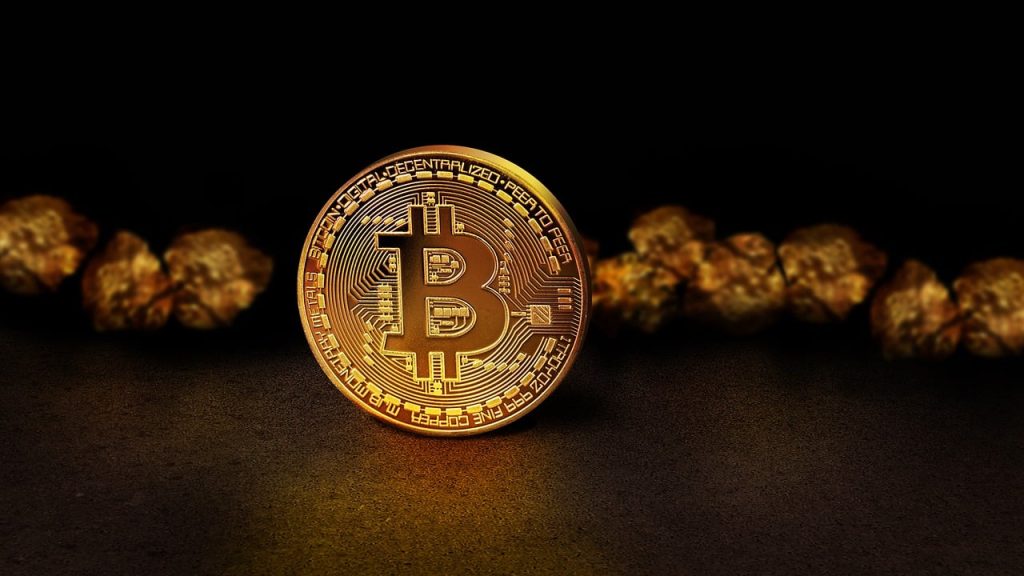During the early phase of 2022, when the Russia-Ukraine tensions escalated into a big war-like situation, the debates commenced on matters like impact on oil economy & maritime trade, soldiers & armies, primary & secondary sanctions etc. Behind these, a modern subject was showing and playing its significant role in silence and that was the cryptocurrency. It was one of the first major instances when the globe witnessed the significance of digital assets like Bitcoin and Ethereum in the battleground in order to financially support the nations during a critical situation like war.
This conflict set a new example of how digital currencies can play a role in such a crucial time of monetary requirement.
From Ukraine’s perspective
It was one of the first major instances when a country accepted donations in the form of cryptocurrency—Ukraine, in early phase of 2022, officially announced that it would accept cryptocurrency donations during the war. The Ukrainian Ministry of Digital Transformation opened official wallet addresses for Bitcoin, Ethereum and Stablecoins in March 2022. According to Ukraine’s official statements, funds received were used to purchase drones, bulletproof vests, medical kits and communication devices.
For Ukraine, the main advantage was the borderless transfer of monetary support in the least possible time window. When traditional banking routes were disrupted due to tensions in the region, it was crypto that assisted in getting immediate financial help and support from individuals and organisations dispersed globally. However, the government also acknowledged risks such as cyber fraud, volatility of digital assets and the need for strong verification of official wallets.
From Russia’s perspective
The role of cryptocurrency from Russia’s perspective was somewhat different. After Russia’s attack on Ukraine, the global powers like the European Union, the United States and G7 countries imposed sanctions on several Russian banks that led to the cut-off of the Russian banks from the SWIFT global payment system. In response and to safeguard its interests, the Bank of Russia announced pilot projects for a digital ruble as a long-term financial alternative for trade with partner countries. However, the sanctions imposed on Russia limited its impact.
Big international crypto exchanges started following stricter rules after sanctions. Because of this, Russia could not fully depend on digital assets as a replacement for normal financial systems.
Global geopolitical angle
The Russia-Ukraine conflict showed that cryptocurrency is not just a financial tool, but also a geopolitical device. For Ukraine, it became a route for gaining monetary assistance from all over the globe during that crucial period of global chain disruption. For Russia, the sanctions imposed by several countries and unions highlighted that dependency on established financial systems outside its own territory could create hurdles in maintaining global trade and business during periods of conflict or disagreements.
The global bodies and organisations also recognised the strategic association of digital currencies during such war-like circumstances. The G7 Finance Ministers and Central Bank Governors, the Financial Action Task Force (FATF) and the International Monetary Fund (IMF) emphasized in that crypto-assets could be used in sanction evasion and conflict financing, and therefore required stronger regulation.
Positive and negative impacts
For Ukraine, the main benefit of digital currencies came in the form of crypto financial assistance during its need of the hour in the best and quickest possible manner. On the negative side, volatility in digital assets and cyber scams remained challenges, as acknowledged by Ukrainian authorities themselves.
For Russia, the positives were limited to experiments with the digital ruble and small-scale use of crypto for restricted trade. On the negative side, exchange restrictions, global compliance mechanisms and the inability to replace SWIFT immediately proved limiting.
Lessons for the globe
The Russia-Ukraine conflict became the first major case when the role of digital currencies was deeply felt and understood during times of emergencies and conflicts. One important lesson from this instance was that crypto can act as an immediate financial support system in emergencies, especially when the traditional financial system gets disrupted due to local or global tensions. Another lesson was that during times of need, we cannot become wholly dependent on cryptocurrencies, keeping in mind their volatile nature and the threats of cyber scams. A third lesson was that global powers now treat digital assets as part of national security and geopolitics, not just a finance tool.
Many countries like India, the United States and China are planning to move towards Central Bank Digital Currencies (CBDCs). The Reserve Bank of India (RBI), in its official reports, has highlighted the importance of keeping a balance between innovation and stability and security in digital assets.
Conclusion
The conflict between Russia and Ukraine proved that money is no longer only about cash and bank balances. Crypto emerged as a new tool of survival and strategy. For Ukraine, it became an emergency assistance during its peak need for money. In the case of Russia, it was a limited option due to sanctions. For the world, it was a signal that digital currencies are becoming part of geopolitics.
In the future, cryptocurrency may not replace traditional systems, but it may remain an important tool in global finance during crises and urgent supplies.
[Image by digital designer from Pixabay]
The views and opinions expressed in this article are those of the author.

Nipam Joshi is a geologist and currently serves as Assistant Mineral Economist (Intelligence) at the Indian Bureau of Mines (IBM), Ministry of Mines, Government of India.

